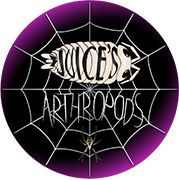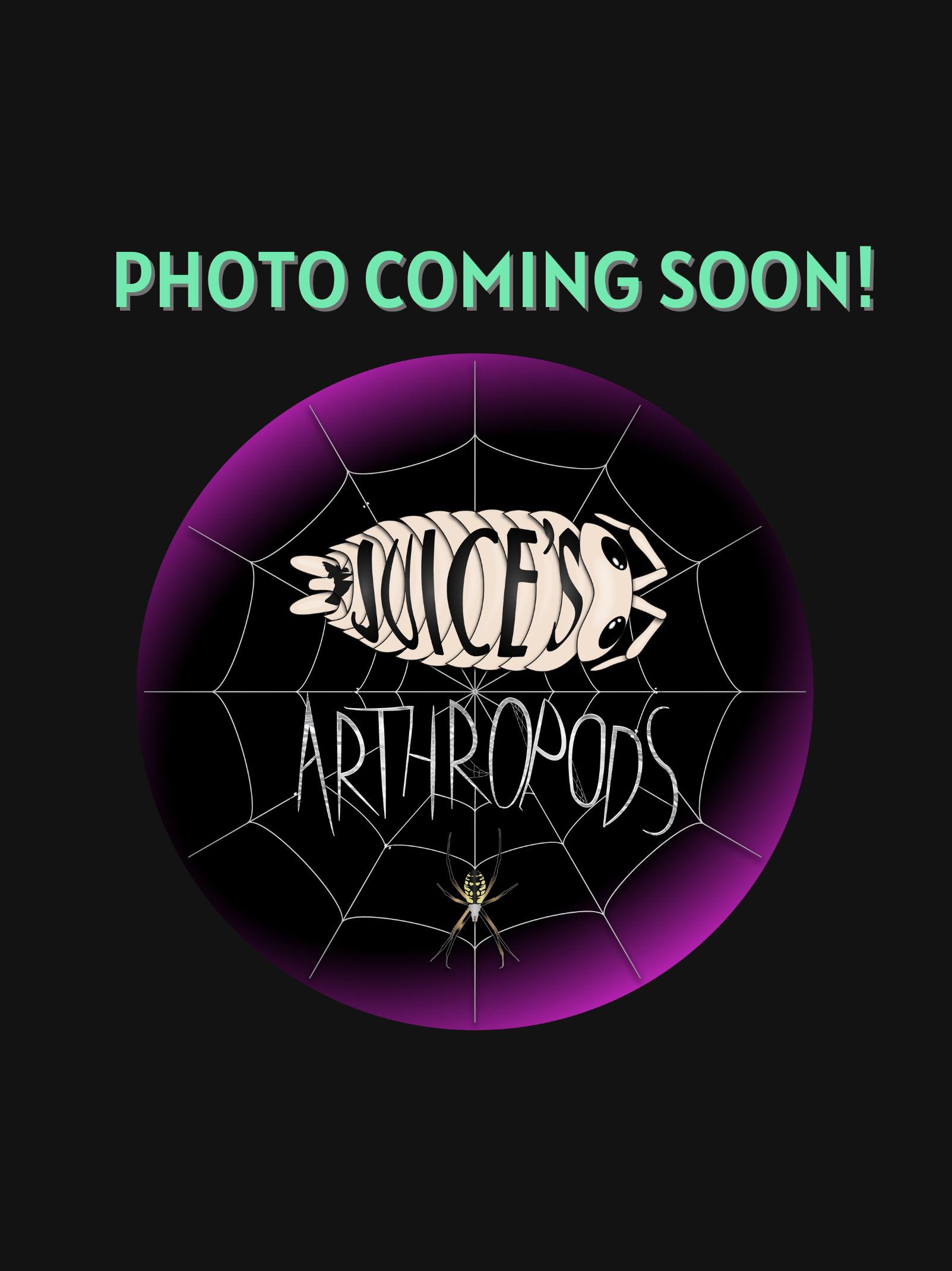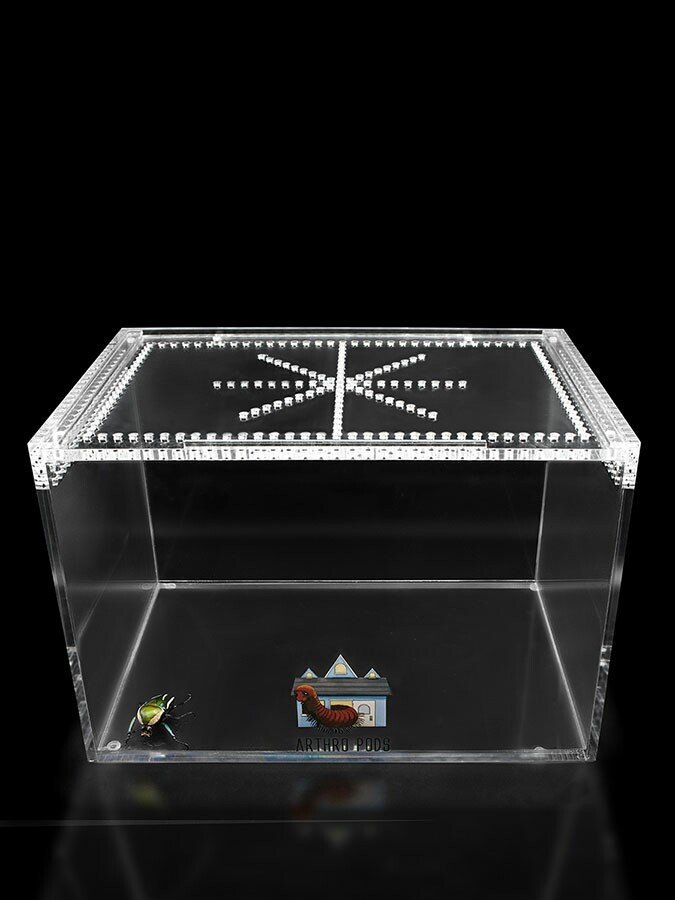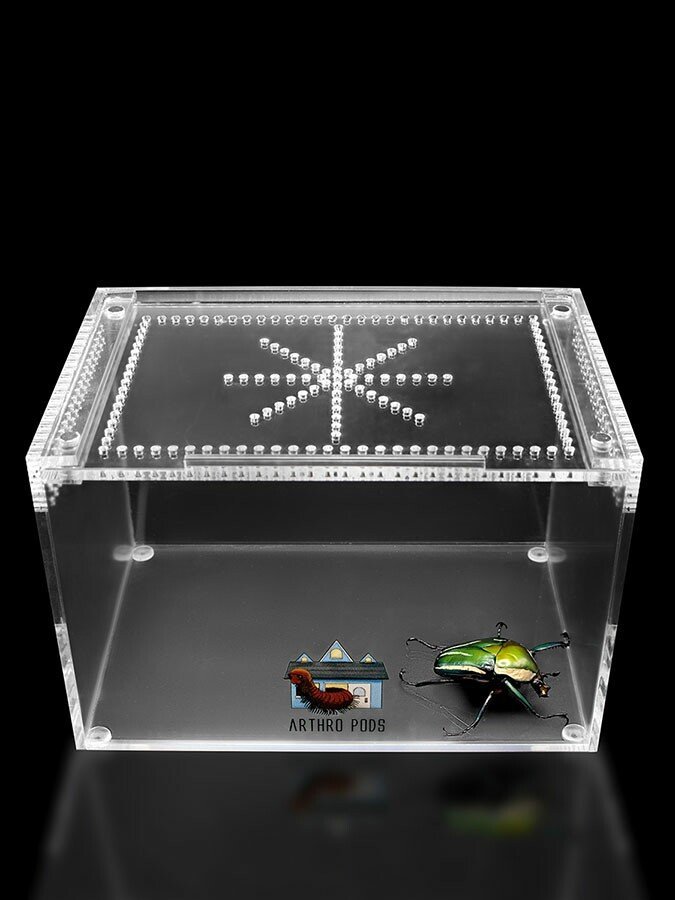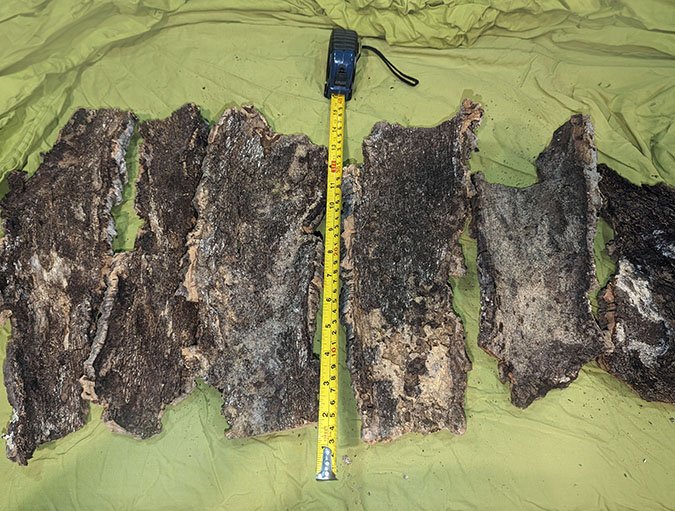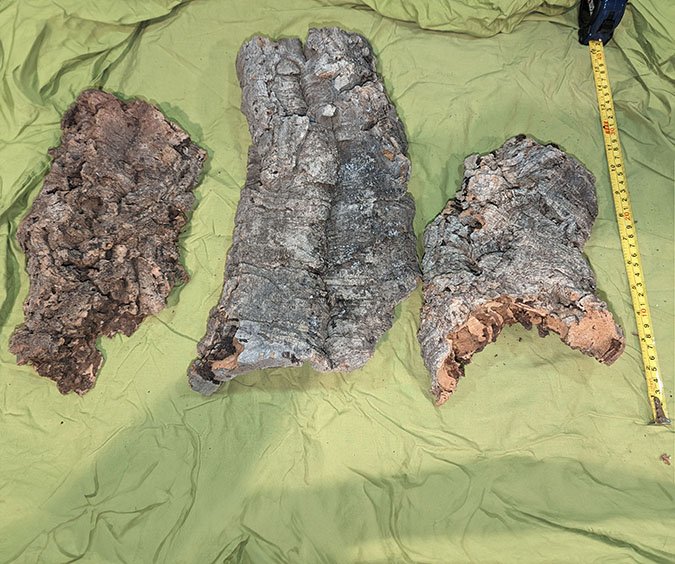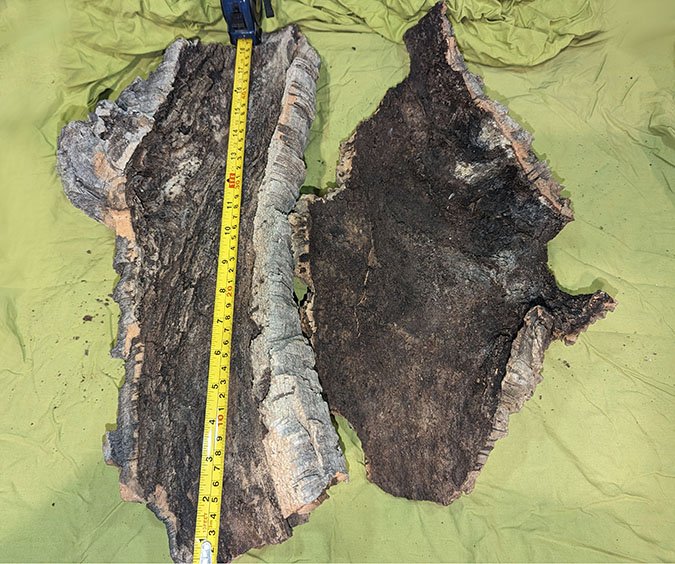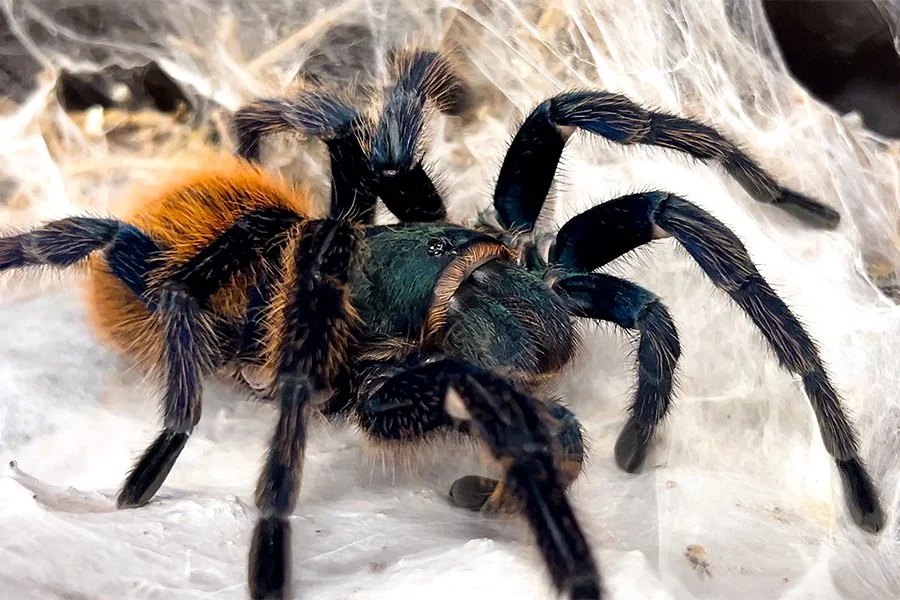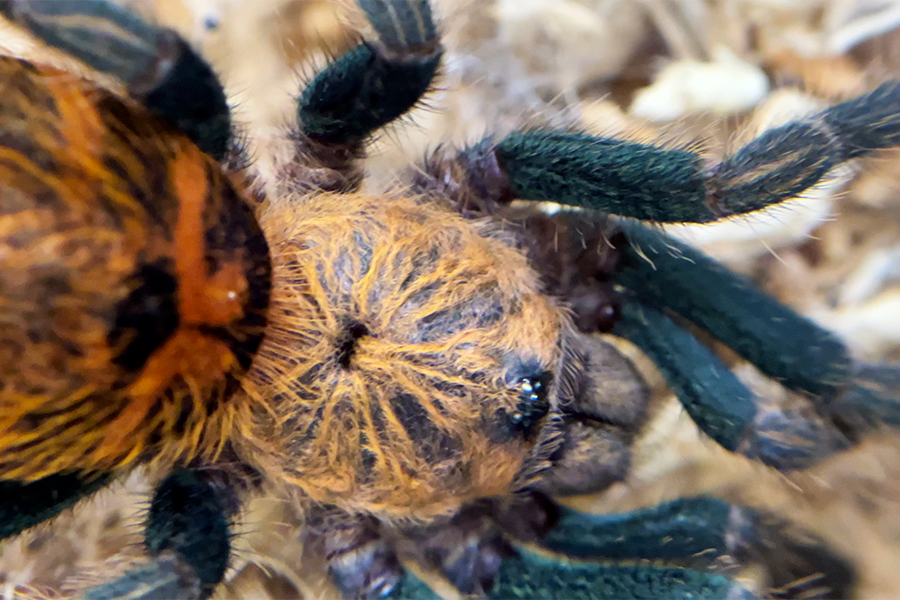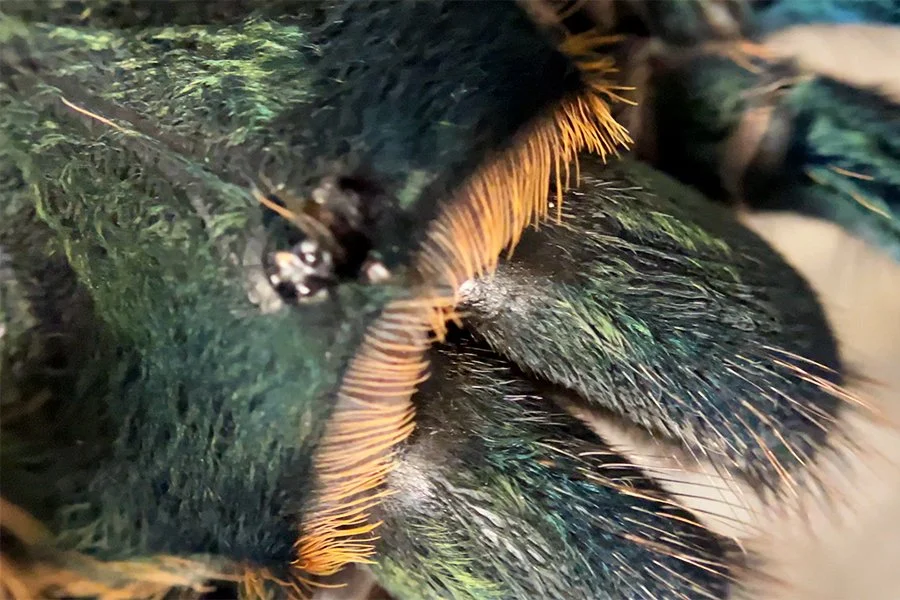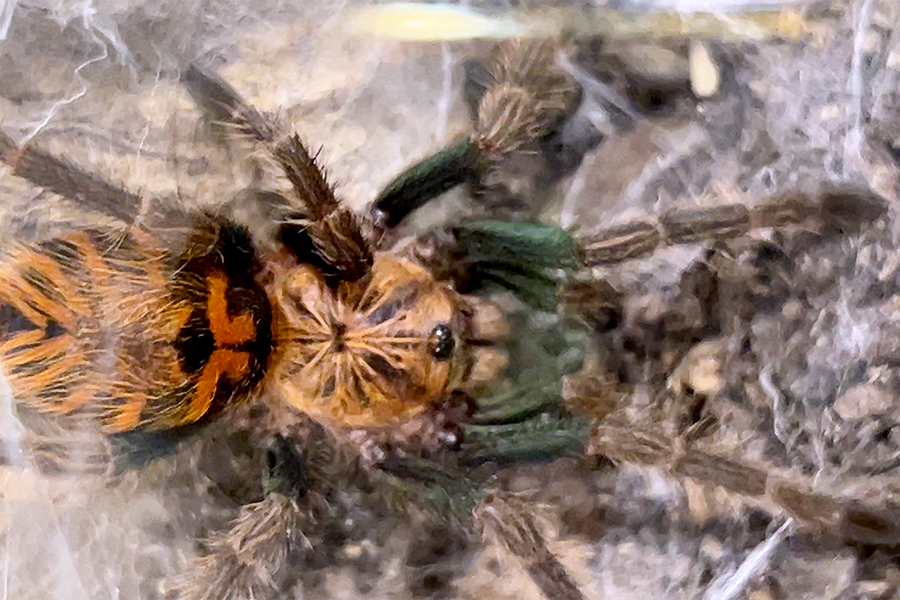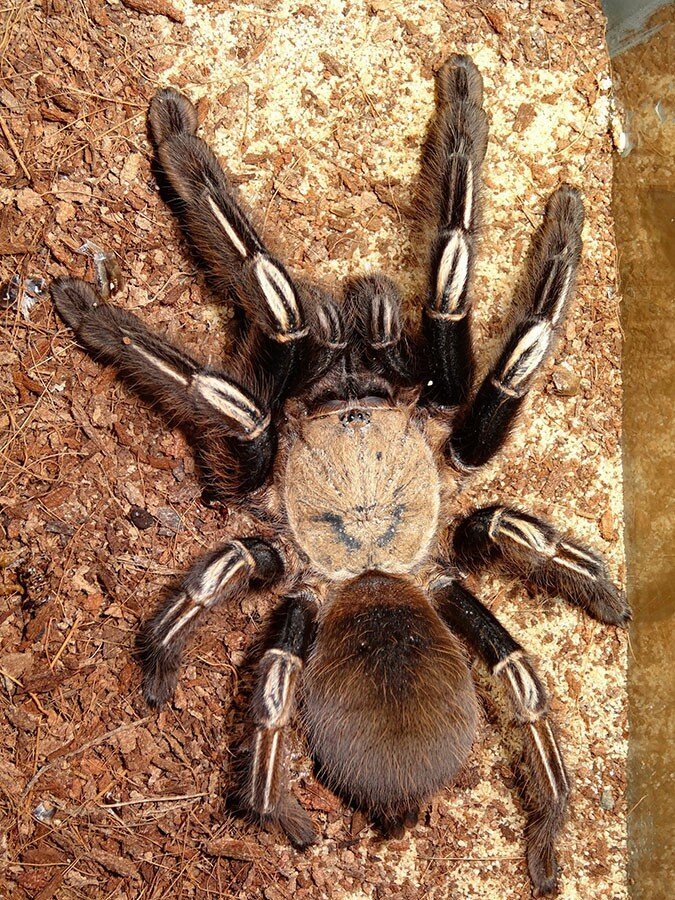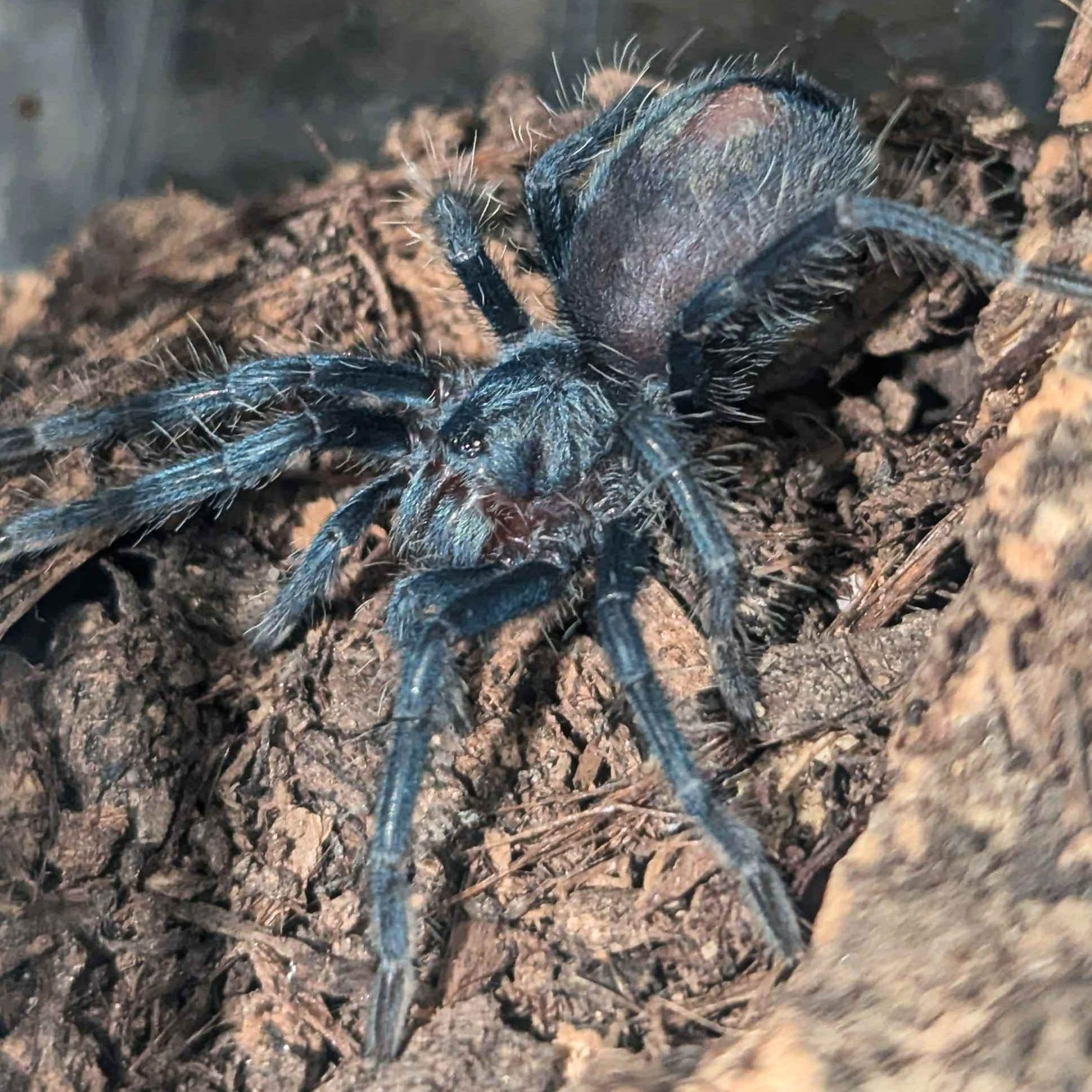What's the ideal diet for an Encinos Amber Tarantula?
All Tarantulas can eat a variety of feeders. Stick to crickets, dubia roaches, silkworms, horned worms occasionally, and a superworm or mealworm as the occasional treat!
How should I keep an Encinos Amber Tarantula?
For this particular creature, you can start with the Terrestrial Terrain small enclosure if under a ¼" - 1.2" Spiderling (sling). When they get to be about 1" in size, you will want to either go to the Terrestrial Terrain Medium or Terrestrial Terrain Large enclosure. Feed them as slings once a week, twice if their opisthosoma (abdomen) looks small, but if the opisthosoma is wider than their prosoma (cephalothorax) then wait a couple of days to feed. For juveniles or adults, stick to feeding once a week, nothing larger than their opisthosoma. Make sure to keep a water dish at all times full; wider and deeper is preferred.
How long could an Encinos Amber Tarantula live?
Females are believed to live upwards of 25+ years, and males not exceeding around 6 years of age. All estimates are based on multiple sources.
